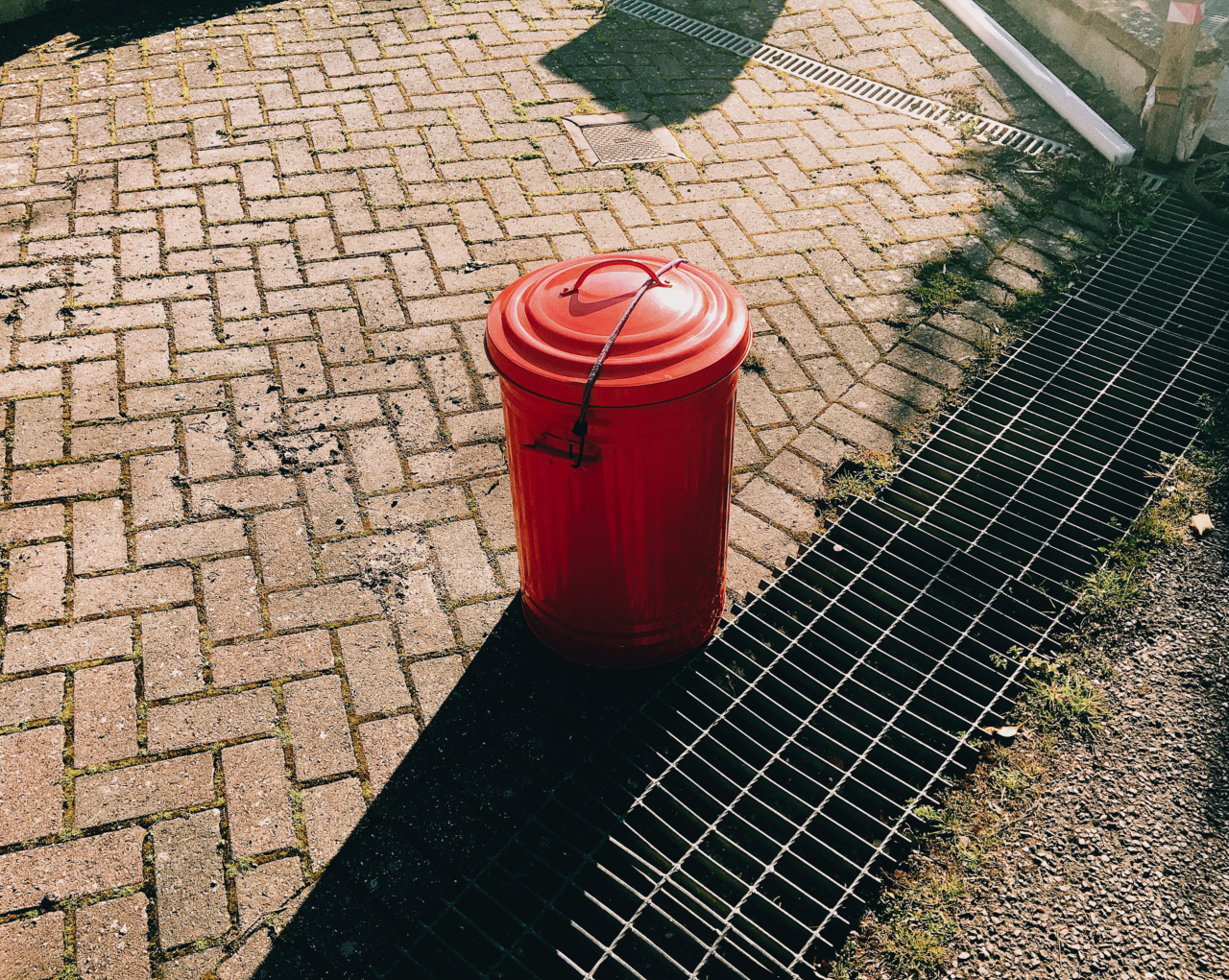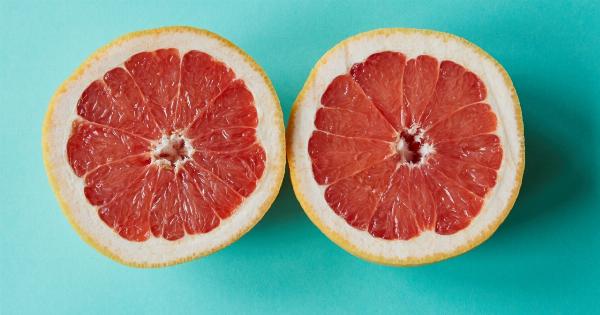Summer is the season that most people look forward to, as it means warmer weather and more time spent outdoors. However, while summer may bring with it a lot of fun-filled activities, it can also be the cause of a lot of health issues.
Among these health problems is the formation of kidney stones, which can make your summer a lot less enjoyable.
What are kidney stones?
Kidney stones are hard, mineral deposits that form in the kidneys. They are made up of various substances, including calcium, oxalate, and uric acid.
Kidney stones can vary in size and shape and can cause excruciating pain when they pass through the urinary tract.
Why do kidney stones form?
There are several factors that can contribute to the formation of kidney stones. These include:.
- Dehydration – When the body doesn’t have enough fluids, the urine becomes concentrated, making it easier for minerals and other substances to form crystals that can eventually turn into kidney stones.
- Diet – Eating foods that are high in oxalate, salt, and sugar can increase the risk of kidney stone formation.
- Family history – If someone in your family has had kidney stones, you may be more prone to developing them.
- Medical conditions – Certain medical conditions, such as hyperparathyroidism and gout, can increase the risk of kidney stone formation.
How does summer contribute to kidney stone formation?
During the summer months, there are several factors that can increase the risk of kidney stone formation. These include:.
Dehydration
Dehydration is one of the most common causes of kidney stone formation, and it is particularly prevalent during the summer months. When the weather is hot, we tend to sweat more, which can lead to a loss of fluids.
Additionally, we often engage in more outdoor activities, such as sports and gardening, which can further contribute to dehydration.
Diet
Our diets can also be a contributing factor. During the summer, we tend to consume more salty and sugary foods, such as chips, soda, and ice cream.
These foods can increase the concentration of minerals in the urine, making it easier for kidney stones to form.
Increased calcium intake
Many of us tend to increase our calcium intake during the summer months, whether it be through consuming more dairy products or taking calcium supplements.
While calcium is essential for good bone health, too much of it can contribute to kidney stone formation, particularly in those who are already at risk.
Less rest and relaxation
Summer can be a busy time, with vacations, outdoor activities, and social events all vying for our attention. As a result, we may neglect our need for rest and relaxation.
Stress and lack of sleep can increase the risk of kidney stone formation, as both can affect the hormonal balance in our bodies and lead to an increase in calcium and other minerals in the urine.
Preventing kidney stones during the summer
While summer can increase the risk of kidney stone formation, there are steps you can take to prevent them. Here are some tips:.
Stay hydrated
Keeping yourself hydrated is one of the most important things you can do to prevent kidney stones. It is recommended that you drink at least 8-10 glasses of water a day, and more if you are engaging in outdoor activities or sweating excessively.
Watch your diet
Be mindful of what you eat and drink during the summer months. Avoid consuming too much salt, sugar, and oxalate-rich foods, such as spinach, beets, and rhubarb. Instead, opt for a diet that is high in fruits, vegetables, and whole grains.
Limit your calcium intake
If you are prone to kidney stones, it is important to limit your calcium intake to no more than 1,000-1,200 mg per day. This can be achieved by reducing your intake of dairy products or by choosing low-calcium alternatives.
Take breaks and rest
Make sure to take breaks and rest when needed. Stress and lack of sleep can contribute to kidney stone formation, so make sure to take time for yourself and get enough sleep each night.
Conclusion
Summer can be a fun and enjoyable season, but it can also be the cause of kidney stone formation.
By staying hydrated, watching your diet, limiting your calcium intake, and taking breaks when needed, you can reduce your risk of developing kidney stones and enjoy all that summer has to offer.






























